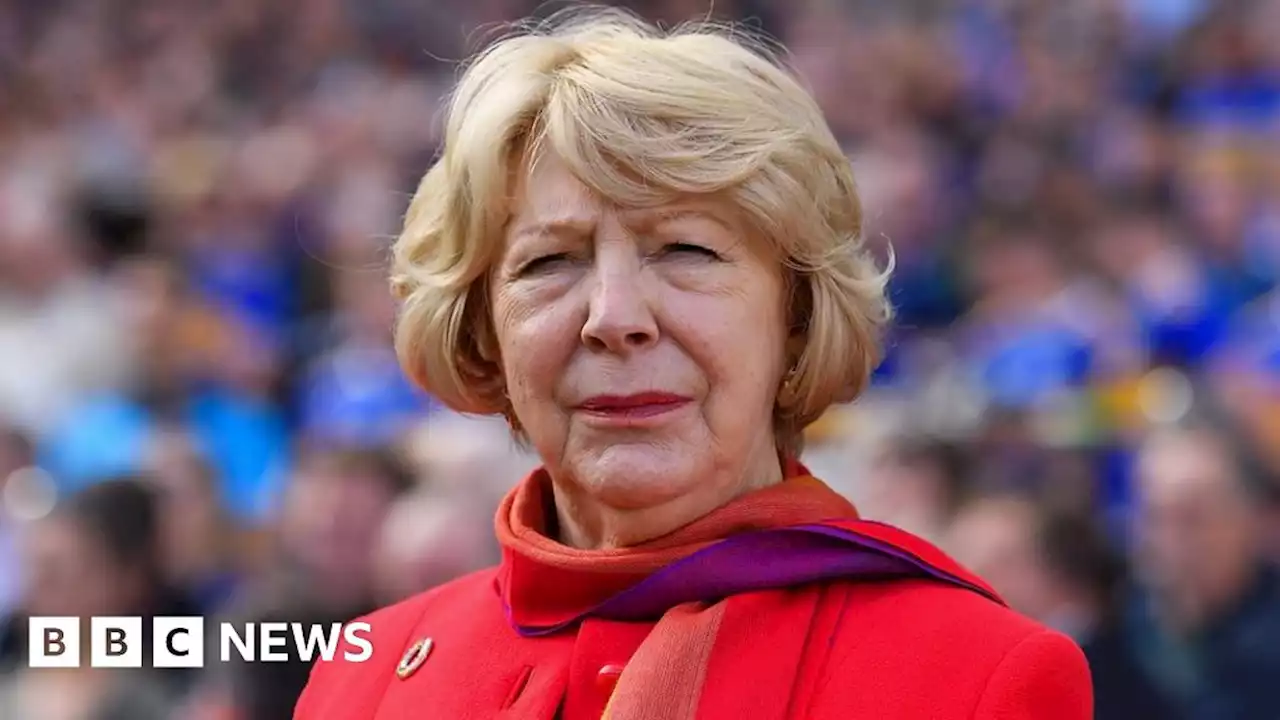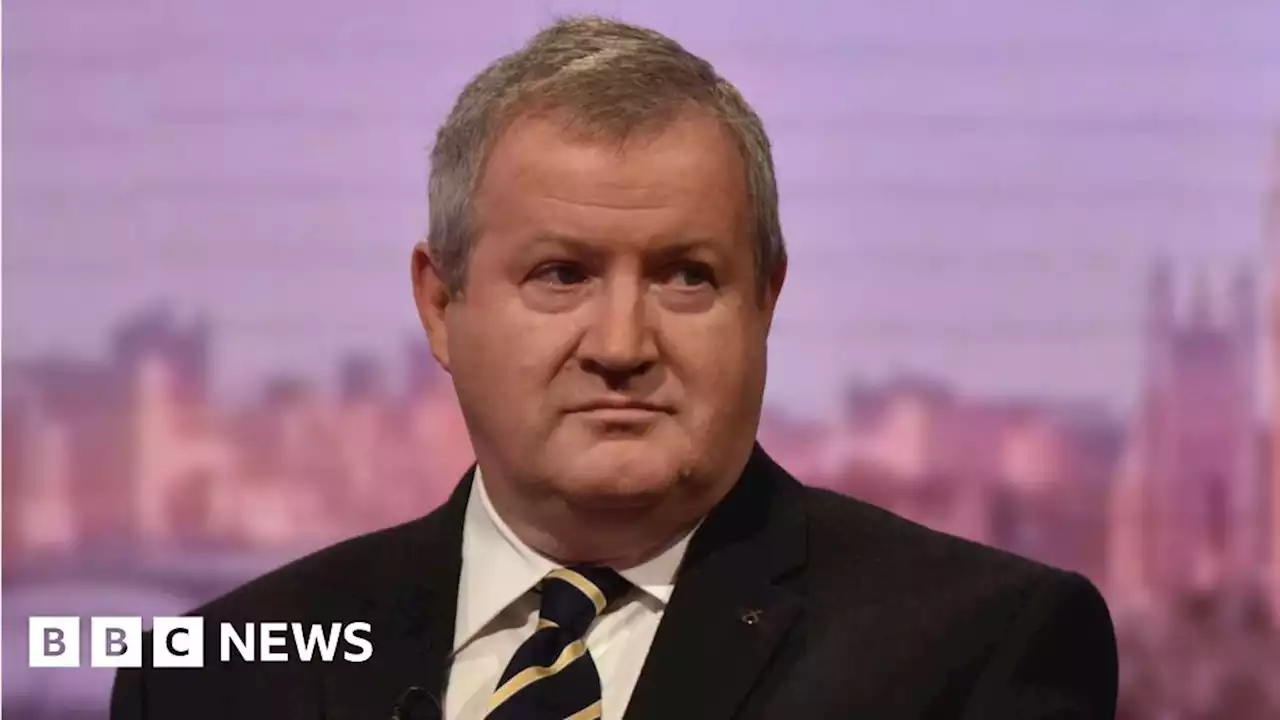U.S. presidents missed opportunities that shaped Putin's increasingly hostile worldview and led him to invade Ukraine, writes Philip Short
on New Year’s Day, 2000, to congratulate him on his appointment as acting President, Putin told him: “There are certain issues on which we do not agree. However, I believe that on the core themes we will always be together.” Clinton was equally upbeat. Putin, he said, was “off to a very good start.”
The result was a growing sense among the Russian elite that Putin was being played. Vladimir Lukin, who had been Yeltsin’s first ambassador to the U.S., protested: “One sided steps cannot be taken forever . . . Decisions should go both ways. They should not end just in smiles and encouragement.” There was grumbling, not only in the army and navy but also within the Presidential Administration, at what was termed a “policy of concessions” which brought Russia no tangible benefit.
On the surface, the relationship remained correct. But there were worrying undercurrents. Bush’s administration, Putin felt, wanted to keep Russia down and was prepared to go to almost any lengths to do so. Whether, or to what extent, that was true was almost beside the point. What mattered was perception, and the leaders’ perceptions of each other’s goals were starting to diverge.
There was another more personal reason for Putin’s reluctance to abandon the rapprochement with the West. In trying to promote cooperation with Russia’s former adversaries, he had overridden the reservations of many of his closest colleagues. Thethe state bureaucracy and the military had been dubious from the outset about the wisdom of trusting Western governments to engage with Russia as genuine partners. Putin was in no hurry to admit that they had been right and he had been wrong.
The decision to grant asylum to Edward Snowden in 2013 and the ban on Americans adopting Russian children were payback for the Magnitsky Act, which allowed America to impose sanctions on Russian officials suspected of corruption or human rights abuses. Over the course of his third term, Putin’s thinking about Russia’s relationship with the West crystallised, forming, in his mind at least, a coherent picture of all that had happened in the 25 years—the “wasted years,” as he now put it—since the Soviet Union’s demise.
What would America have done, Putin wondered, if it had been the other way round—”If Russia had placed missile systems on the U.S.–Mexico border or the U.S.–Canadian border?” The answer was self-evident. When Khrushchev had attempted to install Soviet missiles in Cuba in 1962, the world had been brought to the brink of nuclear destruction and the issue remained so fraught that, 60 years later, the United States continued to subject the island to an economic blockade.
Putin’s rhetoric changed, too. The West, he charged, had backed “an international terrorist invasion of Russia… This is an established fact and everybody knows it.” It was the language of Soviet propaganda from the 1960s and ’70s. Even though it was transparently untrue, it fitted the Kremlin’s narrative of a hostile western world, headed by a waning hegemonic power, which was trying by fair means or foul to tear Russia apart as it struggled to fight off its own inexorable decline.
As the Russian Foreign Minister, Sergei Lavrov, put it: “This is not actually, or at least, not primarily, about Ukraine at all. . . It reflects the battle over what the [future] world order will look like. Will it be a world in which the West will lead everyone with impunity and without question or will it be something different?”
Ireland Latest News, Ireland Headlines
Similar News:You can also read news stories similar to this one that we have collected from other news sources.
 Ukraine war: Britons held by rebels in Ukraine to stand trialThe three Britons, who were captured by pro-Russian forces, are accused of being mercenaries.
Ukraine war: Britons held by rebels in Ukraine to stand trialThe three Britons, who were captured by pro-Russian forces, are accused of being mercenaries.
Read more »
 War in Ukraine: Irish president's wife defends letter after criticismUpdate: Sabina Higgins, wife of PresidentIRL, has defended a personal letter she wrote to a newspaper about the war in Ukraine after public criticism of her views
War in Ukraine: Irish president's wife defends letter after criticismUpdate: Sabina Higgins, wife of PresidentIRL, has defended a personal letter she wrote to a newspaper about the war in Ukraine after public criticism of her views
Read more »
 Ukraine war: Russia bans several Scottish politicians from countryMP Ian Blackford and MSPs Kate Forbes and Lorna Slater are among those placed on Russia's 'stop list'.
Ukraine war: Russia bans several Scottish politicians from countryMP Ian Blackford and MSPs Kate Forbes and Lorna Slater are among those placed on Russia's 'stop list'.
Read more »
 New property register aims to stop money launderingThe move is part of economic sanctions in response to the Russian invasion of Ukraine.
New property register aims to stop money launderingThe move is part of economic sanctions in response to the Russian invasion of Ukraine.
Read more »
